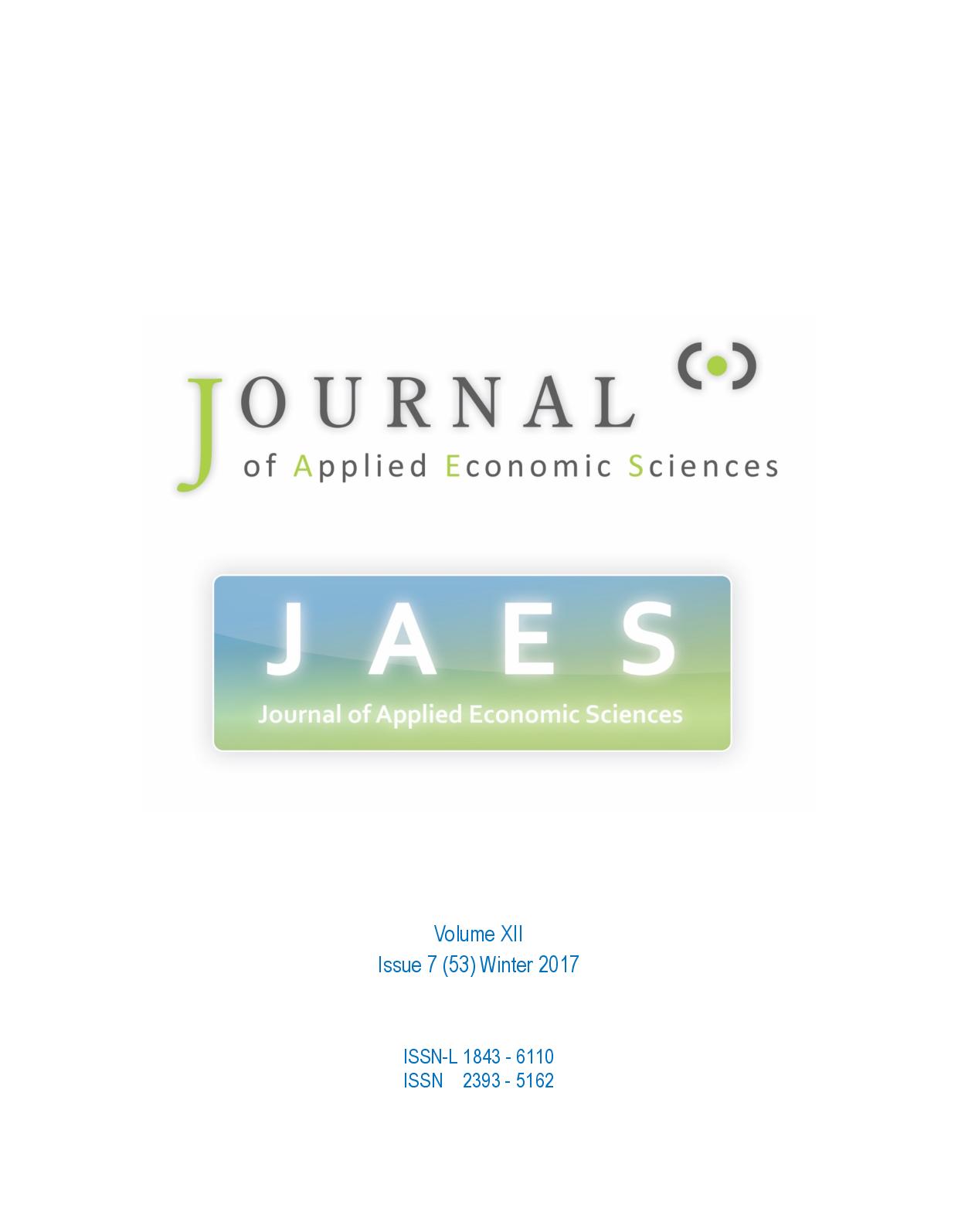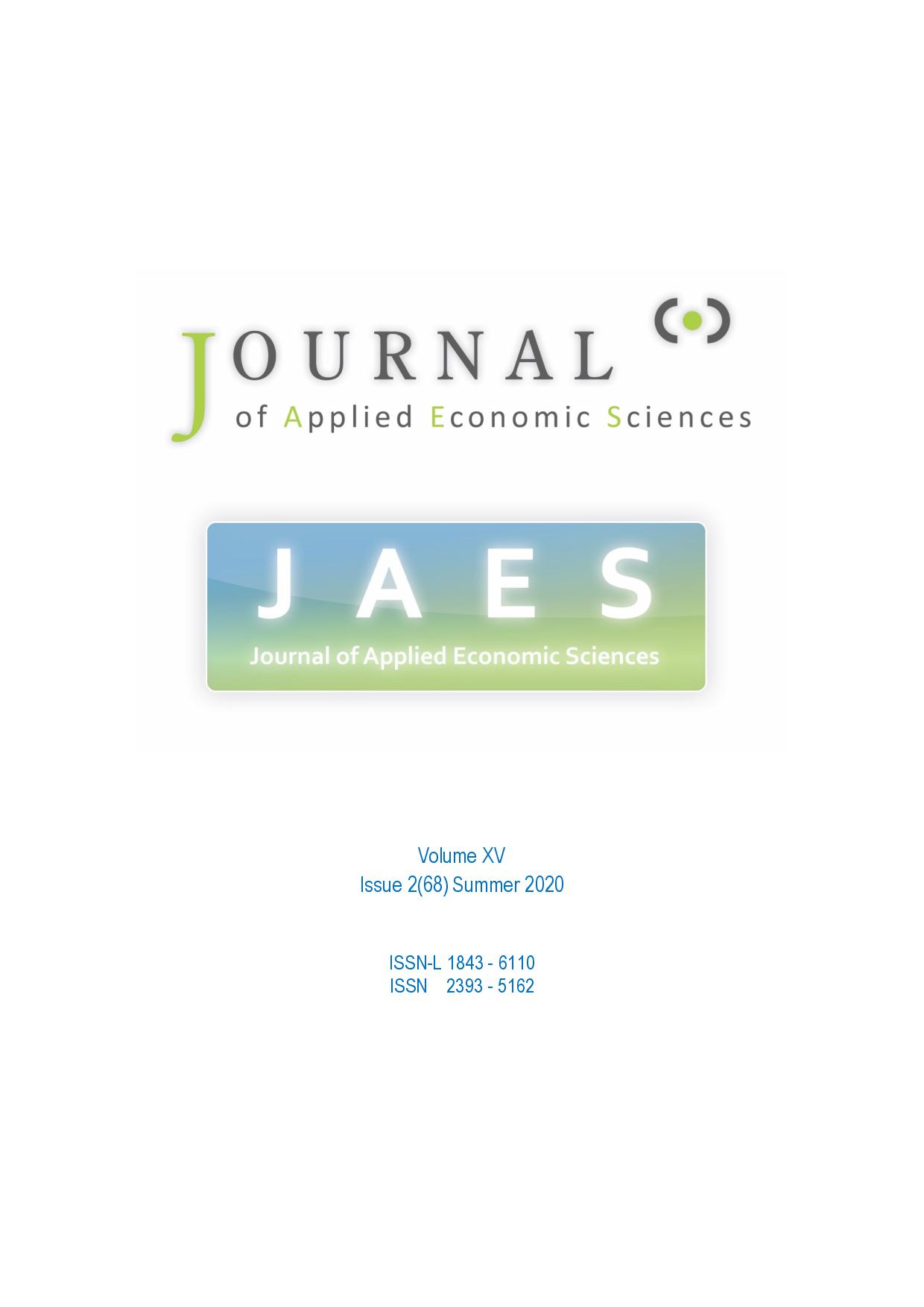
Fuzzy Multi-Period Model for Selecting Mixed Types of Stakeholder Engagement Strategies of the Company Taking into Account the Interrelations of Stakeholders
The article describes a fuzzy multi-period model for selection of mixed types of stakeholder engagement strategies of the company taking into account the interrelations of stakeholders. Characteristics of relations between the organization and its stakeholder groups are verbally assessed and transformed into fuzzy sets in the model. A set of scenarios is set that define the dynamics of changing relations between the organization and stakeholders, as well as between stakeholders. At the same time, it is assumed that changing the properties (attributes) of stakeholders entails changes in the organization's expectations for each of them in varying degrees, depending on the degree of mutual influence between them. "Ideal" and "real" fuzzy values of the appropriateness of the use of strategy types are calculated based on the evaluation of the characteristics of relations using fuzzy set operations. Then the Hamming distances between the "ideal" and "real" values of the appropriateness of strategies application are calculated, and the strategy of organization engagement with each stakeholder is chosen on its basis. Due to the fact that the corresponding characteristics of the relationship may differ significantly for various resource components involved in the resource exchange, a situation may emerge in which for different sets of resources, the organization should maintain strategies of different types in relation to the same stakeholder. Due to this, the article proposes a method of forming mixed types of strategies.
More...
